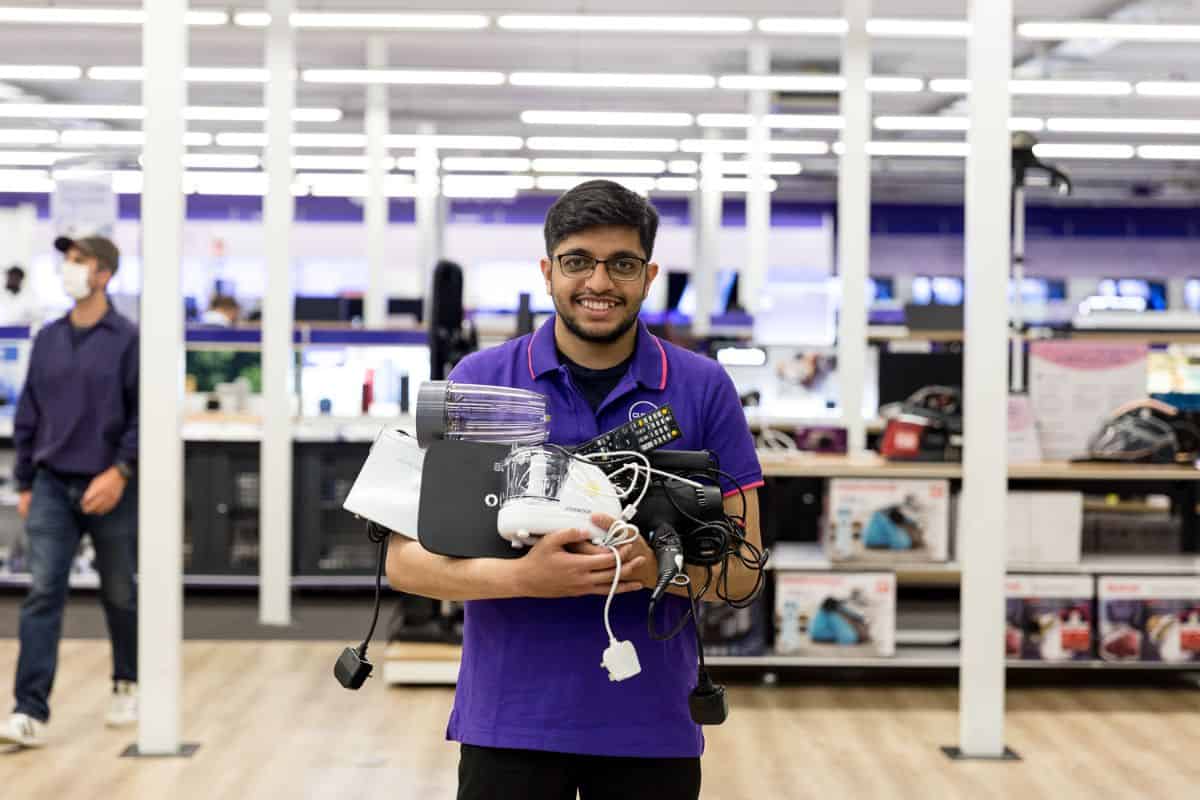As the dust settles on the failed merger in the UK of Asda and Sainsbury’s, Judith McKenna, the CEO of Asda’s parent company Walmart International – hailed as the most powerful woman in retail – opens up at World Retail Congress in Amsterdam about the merger, what watchdogs failed to understand about the fierce competition in UK grocery market, how hectic lives mean customers place “huge value” on convenience and how data a “double-edged sword” for retailers in fast-moving world.
Defending the failed bid to merge supermarket giants Asda and Sainsbury’s, McKenna claims it was a “bold” attempt to drive down prices that would have benefitted millions of shoppers. taking a thinly-veiled swipe at the UK’s Competition and Markets Authority (CMA), which blocked the attempt to create a £50 billion rival to Tesco.
“Undoubtedly that was a bold move.” McKenna says. “We genuinely believed that creating this new business combination from a unique, one-off opportunity would have allowed us to accelerate lowering prices for customers.
“I’ve worked in the UK market for a very long time and anybody who thinks that putting up prices in that level of competitive environment, I would challenge, perhaps doesn’t know the environment and the market dynamics very well and certainly doesn’t know what our business stands for.”
McKenna was hailed as “the most powerful woman in world retail” as she was presented with the prestigious Woman of the Year Award, sponsored by Clarity at the event – on her birthday, no less. As President and CEO of Walmart International, she oversees a business with more than 6,000 stores, serving 270 million customers a week, across 26 countries, including Asda in the UK.
Before accepting the award, McKenna also told delegates at RAI Amsterdam, that today’s shoppers weren’t just looking for bargains. “Every-day low prices has always been one of the things that sets us apart and customers will always want value. But today, value is an equation which is not just about price and quality but also about time,” she says.
“One of the biggest retail trends around the world is the way people are valuing convenience. People are busier than ever, and, with the way technology is developing and innovation is developing, their expectations are increasing and the way they want to shop is changing. The challenge for businesses like ours is to find the best way that we can serve you in the way that you want to be served.”
Data can play a part in that solution, providing customers with the kind of personal service they crave but was a “double-edged sword,” also presenting businesses with huge challenges.
She says: “Data security is vital. We all put a lot of time, effort and resource into the continuing battle to keep people’s data safe. We then tread a fine line of how to use that data. We all have those emails that we delete because we get too many of them. We must work out how to use it to provide customers with an experience that makes their life easier. It’s a double-edged sword.”
She adds that this was part of a wider issue of trust with customers’ expectations increasing hugely. “It’s clearly no longer enough to be a good business,” she said, “you have to do good in business as well.”
The other major challenge facing retailers was how to build the “workforce of the future” with the skills to maximise the benefits of data, social media and technology such as Artificial Intelligence, says McKenna.
Getting more women in senior roles could be part of the solutions, she says. “I think there is an obligation on everybody in the industry to be very thoughtful about finding people and bringing them through” she said, “making sure you have diverse candidate lists. I’ve got a 24-year-old daughter and I’d like to think that the world is her oyster and there is no barrier to her to do whatever she wants to do, and I think we’ve all got to think that way.”








